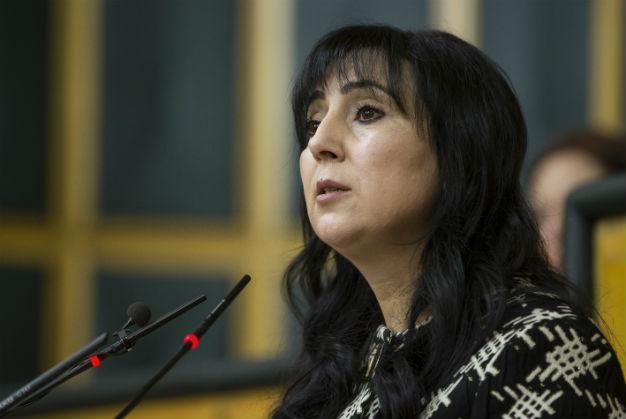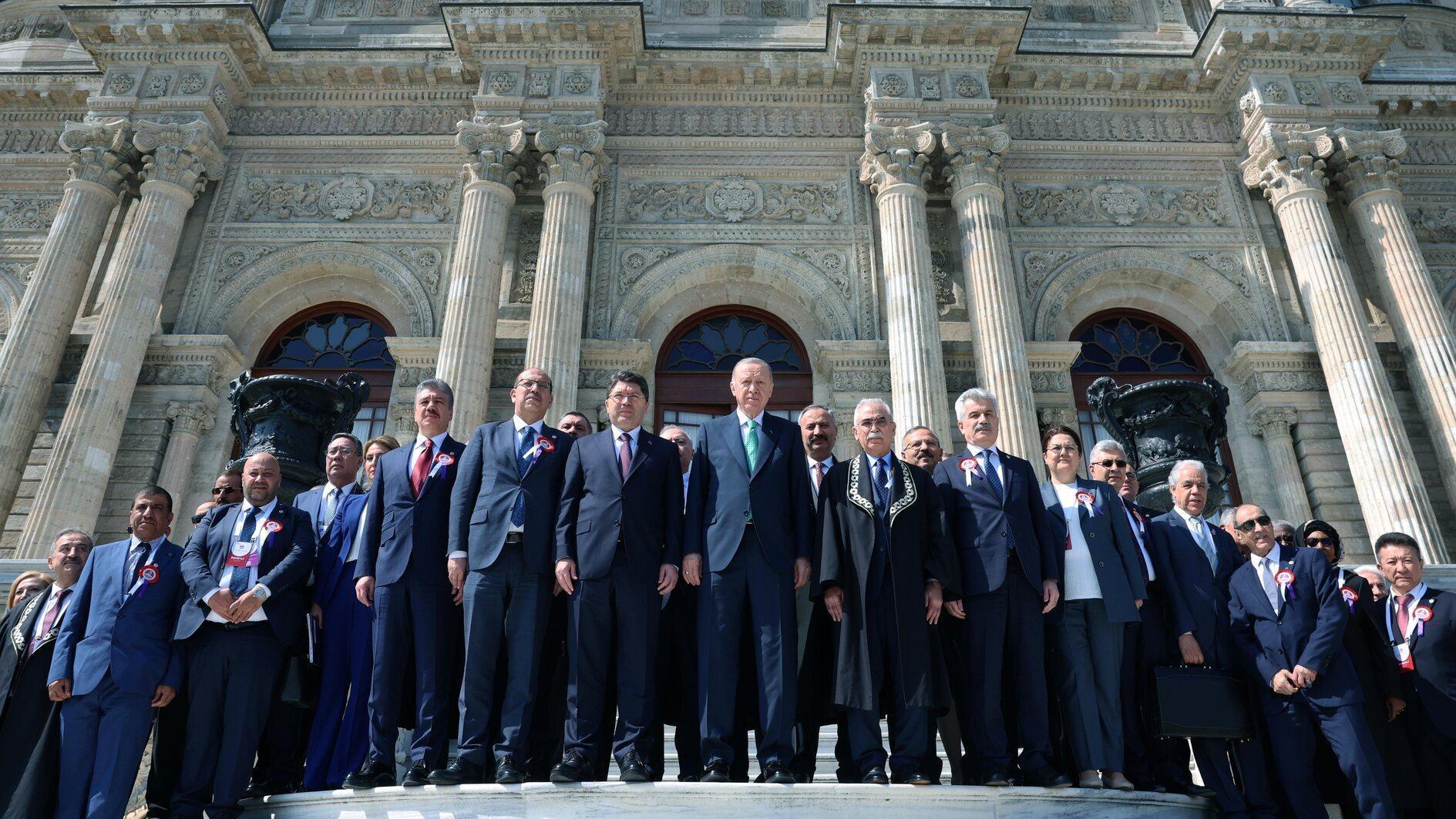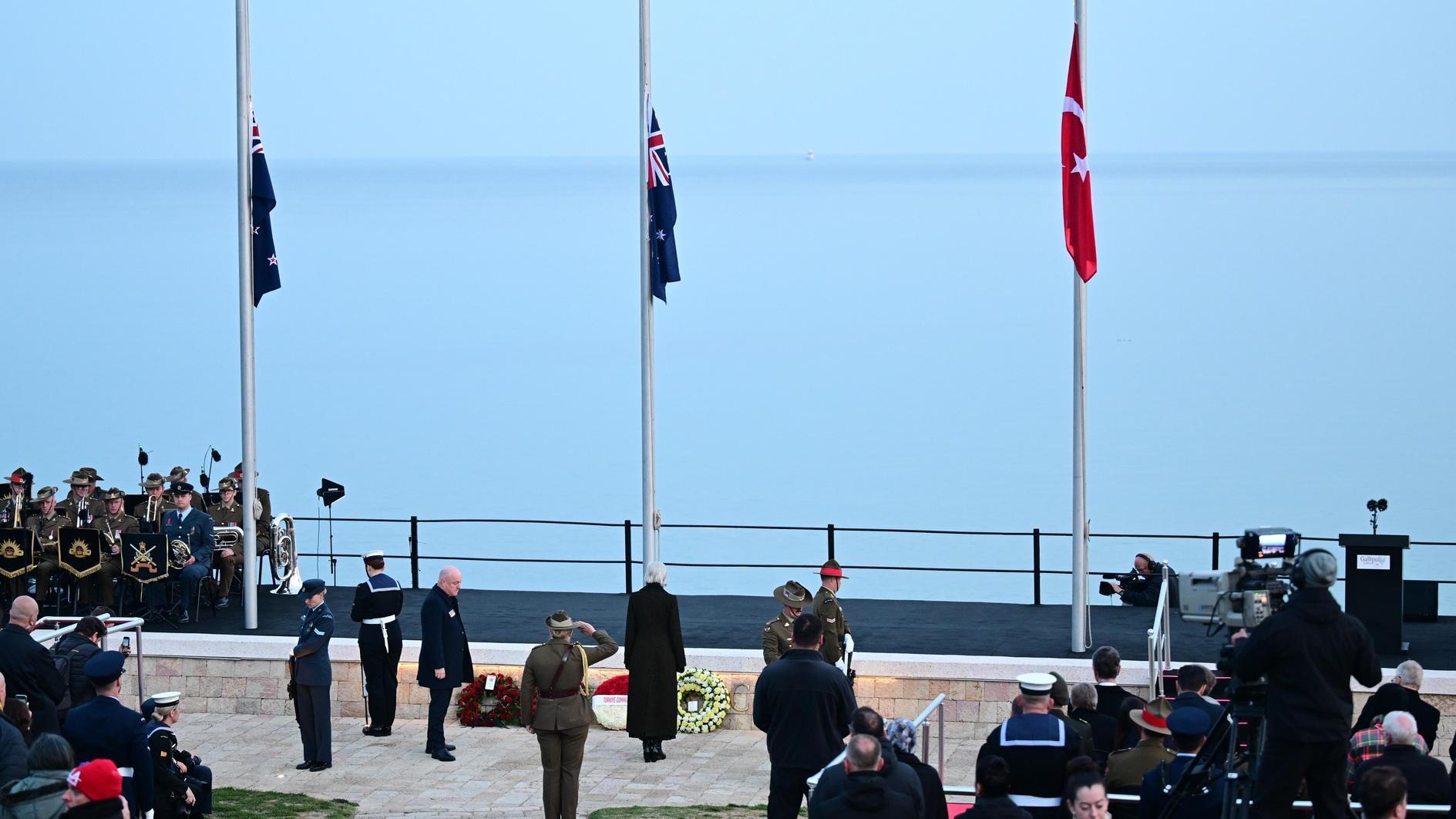HDP co-chair faces probe for defending ‘autonomy’
DİYARBAKIR

AA photo
The Diyarbakır Chief Public Prosecutor’s Office has opened an investigation against Peoples’ Democratic Party (HDP) co-chair Figen Yüksekdağ over her remarks defending autonomy, a day after the party’s other co-chair, Selahattin Demirtaş, was notified of a probe against him over crimes against the constitutional order.Yüksekdağ attended a meeting of the Democratic Society Congress (DTK) held in southeastern Diyarbakır province between Dec. 26 and 27, where the establishment of “democratic autonomous regions” was presented as a solution to the Kurdish problem.
The attendees also asked for “self-governance” and embraced the “legitimate insurgency” in a number of southeastern districts, while also urging the people of Turkey to support their cause.
According to Turkey’s state-run Anadolu Agency, the prosecutor’s office examined videos of the convention and initiated an investigation against Yüksekdağ and Socialist Party of the Oppressed (ESP) head Sultan Ulusoy over their remarks on “self-governance, autonomy, trenches and barricades.”
The grounds for the investigations were laid out as “making terrorism propaganda,” “inciting a crime” and “encouraging sedition,” in addition to violating Article 302 of the Turkish Penal Code (TCK) by “disrupting the unity and territorial integrity of the state.”
Since Yüksekdağ is currently a MP, a summary of the proceedings needs to be prepared to lift the HDP co-chair’s immunity.
When asked to comment on the probe, Yüksekdağ told reporters that such investigations against HDP deputies and co-chairs were quite common.
“We never enjoyed immunity. We continue to exercise politics despite attacks and pressures,” Yüksekdağ was quoted as saying by Cihan News Agency.
The co-chair was also asked to comment on whether the DTK’s declaration constituted a violation of Turkey’s constitution, to which she responded by arguing it was an anomaly to expect to have a discussion on ways to improve the constitution without actually criticizing its contents.
“To the contrary, Turkish politicians have been discussing a new constitution. How can we lead a proper discussion on this issue without criticizing the current constitution?” she asked.
According to reports by Cihan, Yüksekdağ also pointed the finger at previous remarks by Turkish President Recep Tayyip Erdoğan when he said his election to the post of Presidency constituted a “de facto change in the system of administration.”
“If they are talking of violating the constitution they should consider the president’s ‘de facto regime change’ remarks,” she said.
















